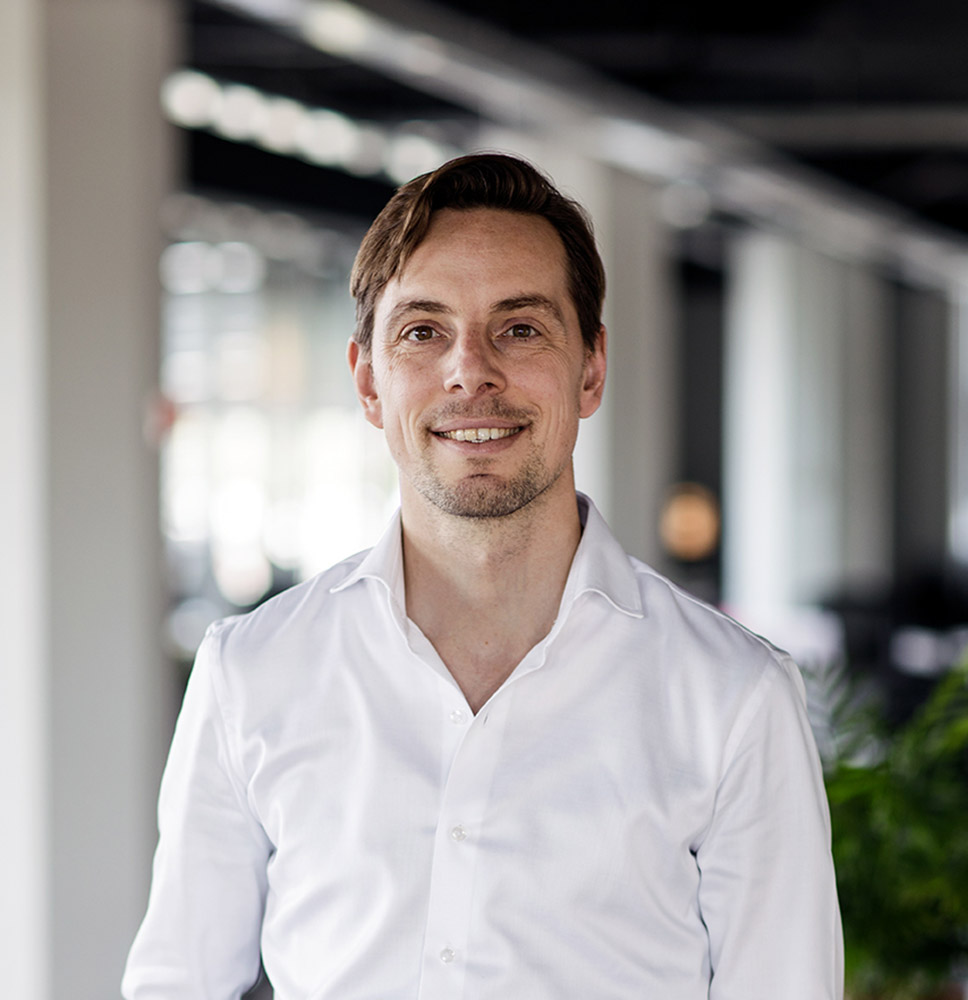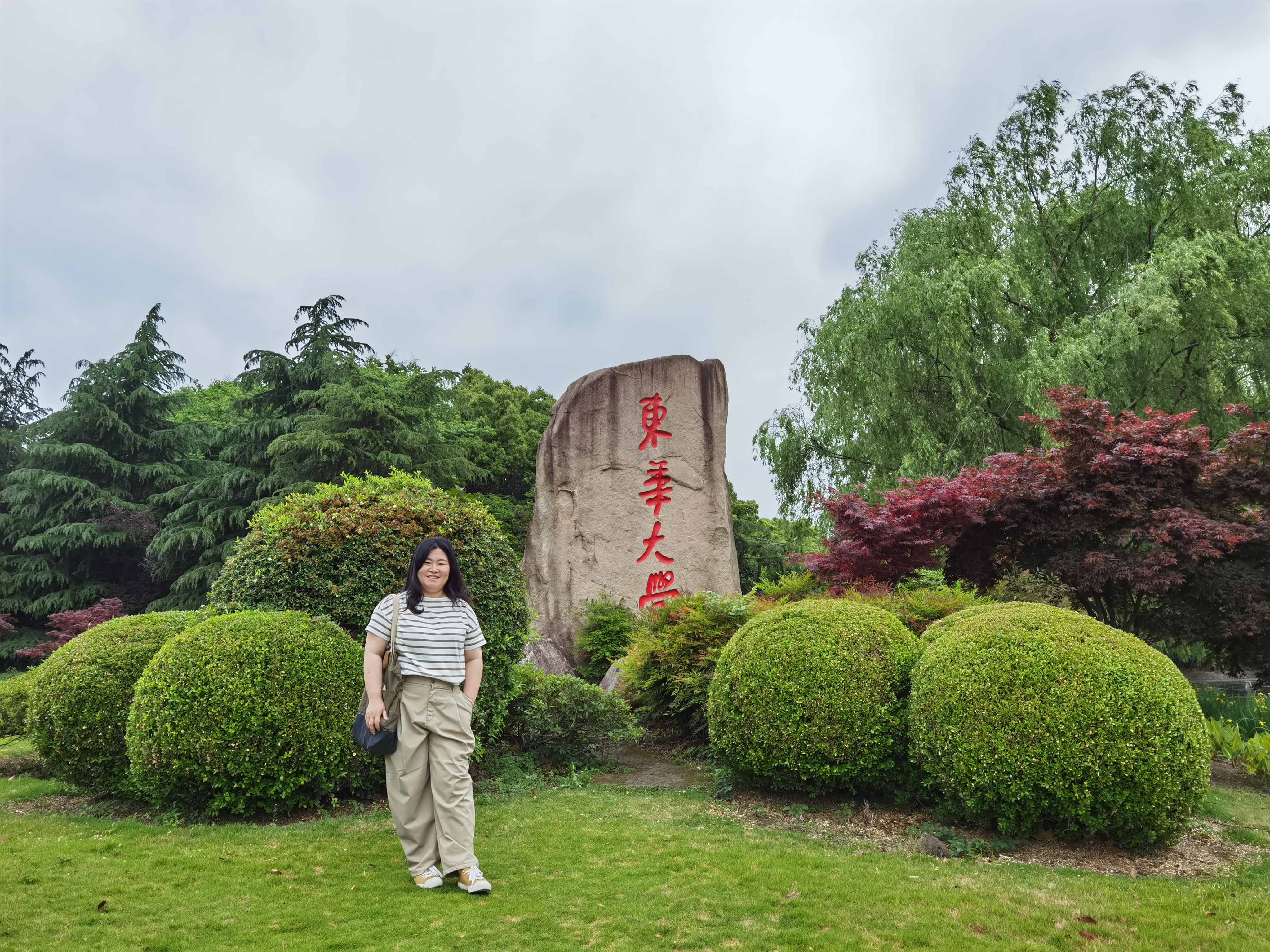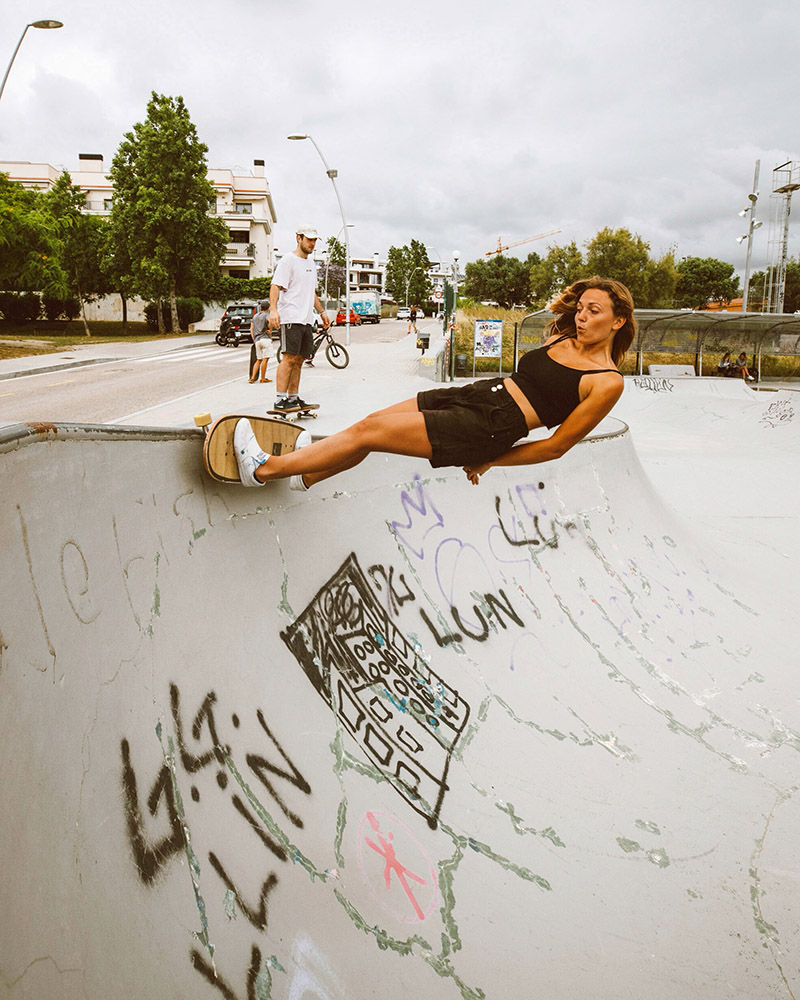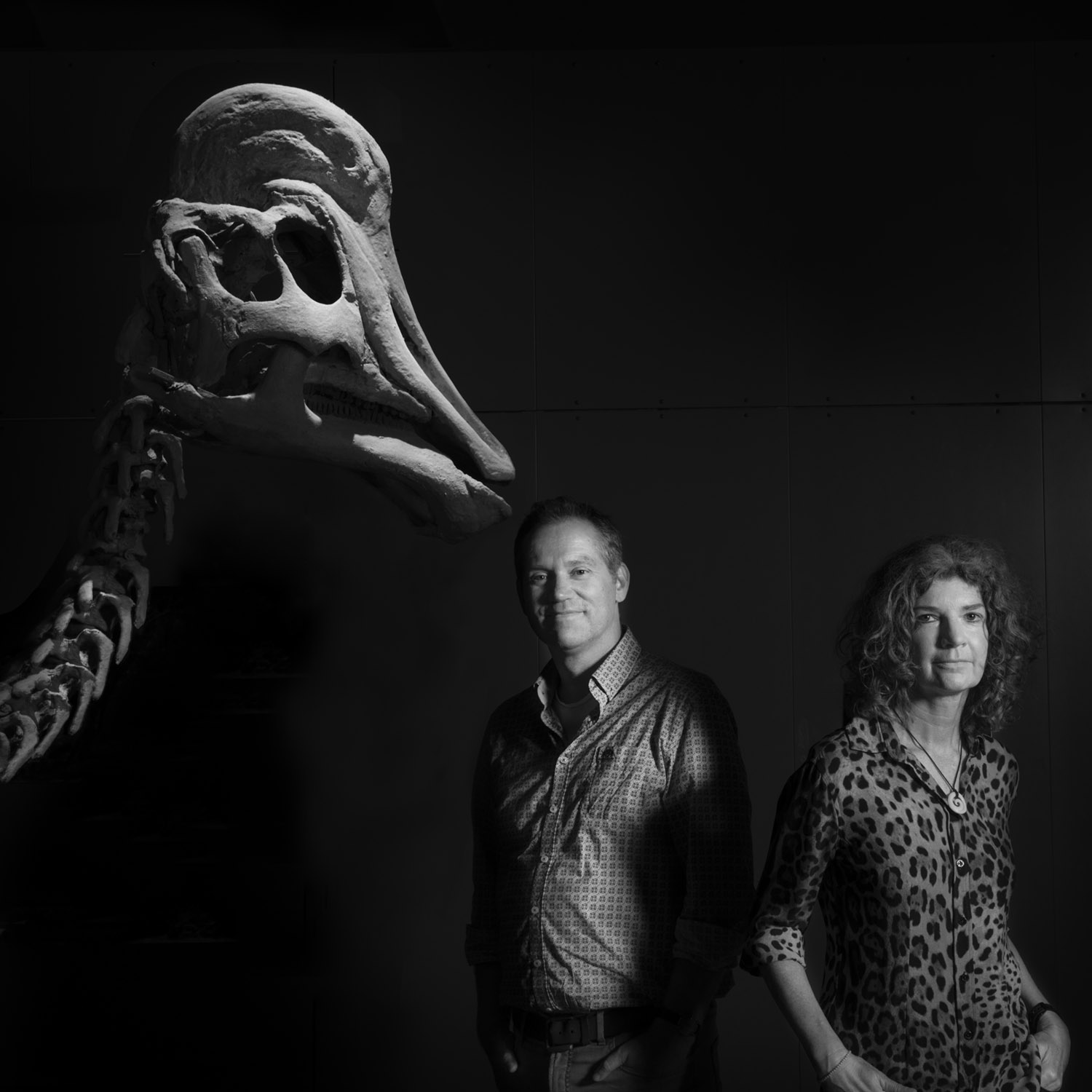“I try to make the world a better place”
Alum Robert-Jan Sips wants to use artificial intelligence to create a better society. He works for myTomorrows, a company that connects doctors and patients with medical information and potential treatments. Many of the skills he relies on today stem from his time as a Knowledge Engineering student in Maastricht. “You see a problem and you think: what do I have in my toolbox to solve this?”

Robert-Jan Sips studied Knowledge Engineering at Maastricht University from 2000 to 2005. He joined IBM in 2008, where he worked on remote-sensing projects and researched a new crowdsourcing method to train IBM Watson for the medical domain. He joined myTomorrows in 2017.
The bachelor Knowledge Engeneering is now called Data Science and Artificial Intelligence (DSAI)
For the sake of job security, he was determined to study something involving computers. The trump card for Knowledge Engineering in Maastricht was an inspired lecture by an “older professor with white hair” – Jaap van den Herik – who declared that artificial intelligence (AI) would take over everything, and even replace judges. “Computer science here wasn’t going to be dry”, Sips says. “There was a vision behind it.
”The Knowledge Engineering programme proved to be ahead of its time. So futuristic was it, in fact, that students found it impractical and graduates struggled to find work outside academia. “In my final year, the programme was at risk of being scrapped. I was on the University Council at the time. In the end, it didn’t happen – fortunately, because employers are now scrambling for graduates like these.”
Fries with zuurvlees
The memories of his time in Maastricht come tumbling out. How, after his first bike ride through the city, he told his mother how international it was. “I heard a lot of French and German, or so I thought. It turned out to be the Maastricht dialect”, he laughs. How he and his crewmates would row in silence during the early-morning Saurus training sessions on the Zuid-Willemsvaart, so as not to wake the houseboat residents. And, oh yes, how he would meet a friend at De Bolle snack bar every week for fries with zuurvlees. “When I think of Maastricht, I think of fries with zuurvlees and mayonnaise.”
He also has fond memories of his thesis on medical informatics, for which he collaborated with his twin brother, who was training as a doctor in Groningen. The medical world continues to appeal to him. “I always wanted to work in the interests of society, to try to make the world a better place. That was also a strong part of the Knowledge Engineering programme.”
Medical Watson
Sips got a job at IBM, where he spent a number of years working on projects involving sensor technology, including smart dyke management. In 2012 he witnessed a major breakthrough in AI from up close: the advent of Watson, a supercomputer that can interpret questions posed in natural languages and find answers in datasets. In collaboration with academics, he began training a medical version of Watson that can recognise terms for diseases, diagnoses or drugs in medical data files.
In 2017, he came across myTomorrows. Sips was not just ready for a new adventure; he was also inspired by the myTomorrows mission. The company targets doctors and patients who have already received all the available standard treatments, providing them with information about and access to treatments that are still under development or have not (yet) been approved. His experiences with AI and ‘Medical Watson’ play a crucial role here. “The myTomorrows network is there for patients who no longer have anywhere to turn.”
Sips knows first-hand how important this can be. “I’d only worked there for a short time when my wife was diagnosed with a malignant tumour in her pancreas. Through our network I was able to speak to the main specialist in the Netherlands within 24 hours. My wife was on the operating table just a few weeks later. All is well now and we’ve just had a baby.”
Anatomy lesson
As Sips sees it, his studies made an important contribution to his career. “Problem-Based Education taught me to think in terms of projects and solutions. You see a problem and you think: what do I have in my toolbox to solve this? It’s a skill you can apply in different domains, which makes it easy to work on diverse projects. At IBM, I’d go from identifying anomalies in the production system of an animal feed manufacturer to a crowdsourcing system for the painting The Anatomy Lesson in the Mauritshuis.”
Now that jobs for AI graduates abound, Sips advises against focusing only on large companies or high salaries. “Automating a system for making bread dough at the corner bakery can be a lot of fun, whereas you can languish at a big tech giant. That’s why I made the switch to myTomorrows. At IBM my path was already sketched out for the next thirty years. I wanted more vibe and adventure. And because the expectations of AI are through the roof, it’s very hard work. You’d do better to choose a job that suits your own standards and values.”
Social skills
Sips advises computer science students to take a broad view. “Studying is not the only thing that makes you a better AI researcher or scientist. A lot depends on your social skills. How do you talk to clients who want you to write an algorithm? Sit down with people from a different field of study or work in a multidisciplinary team. Different perspectives take you much further than tunnel vision does. You see that now with the new bachelor’s in Digital Society, but that didn’t exist in my day.”
Also read
-
At EGGXPERT, a local startup, two waste products from eggs are put to use in the production of facial masks and wound plasters. Co-founder Chang Liu was one of the first graduates of the master’s in Biobased Materials at the Faculty of Science and Engineering.
-
In 2016 Marta Dávila Mateu, now a graduate of Data Science and Knowledge Engineering, moved to Maastricht, a city completely unknown to her. Her choice turned out to be a double-edged sword. She found the lack of skate culture depressing, but enjoyed her studies, especially the focus on the...
-
Until recently, palaeontology and evolutionary biology were not among the key disciplines at UM. This is set to change, say the newly appointed professors José Joordens and Leon Claessens.


